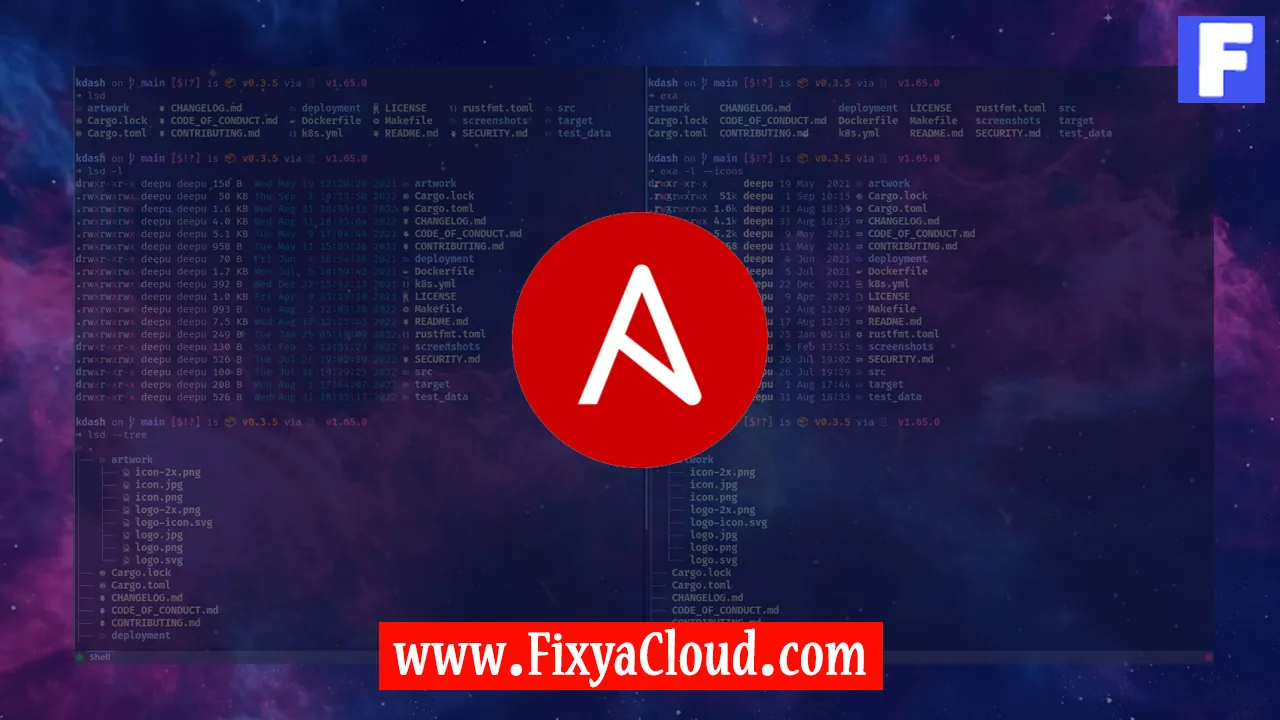10 Essential Ansible Commands for Linux Administrators

In the dynamic realm of Linux system administration, efficiency and automation are paramount. Ansible, a powerful open-source automation tool, has become indispensable for managing and configuring systems. For Linux administrators, mastering Ansible commands is key to streamlining tasks and maintaining a well-managed infrastructure. In this article, we will delve into the 10 essential Ansible commands that every Linux administrator should have in their toolkit.
1. ansible --version:
The first step in any Ansible journey is checking the version to ensure compatibility and access to the latest features. The command ansible --version provides information about the installed Ansible version, highlighting crucial details such as the version number and the installed Python interpreter.
Command:
ansible --version
2. ansible-doc:
Documentation is the backbone of effective system administration. The ansible-doc command empowers administrators to explore detailed information about Ansible modules, gaining insights into module usage, parameters, and examples.
Command:
ansible-doc <module_name>
3. ansible-playbook:
Creating and executing playbooks is a fundamental aspect of Ansible. The ansible-playbook command allows administrators to run Ansible playbooks, automating complex tasks across multiple systems.
Command:
ansible-playbook <playbook.yml>
4. ansible-inventory:
Understanding the inventory is crucial for orchestrating Ansible tasks. The ansible-inventory command provides a detailed view of the configured inventory, enabling administrators to verify hosts, groups, and variables.
Command:
ansible-inventory --list
5. ansible-pull:
Ansible-pull reverses the typical Ansible architecture, allowing nodes to pull configurations from a central repository. This is invaluable for managing dynamic environments and ensuring consistent configurations across systems.
Command:
ansible-pull -U <repository_url>
6. ansible-vault:
Security is a top priority in system administration. Ansible-vault enables administrators to encrypt sensitive data, such as passwords or API keys, within playbooks, ensuring secure automation.
Command:
ansible-vault encrypt <file_name>
7. ansible-galaxy:
Sharing roles and collections is a hallmark of the Ansible community. The ansible-galaxy command facilitates the exploration and installation of pre-built Ansible roles and collections, fostering collaboration and efficiency.
Command:
ansible-galaxy install <role_name>
8. ansible-config:
Customizing Ansible behavior is essential for aligning the tool with specific requirements. The ansible-config command allows administrators to view and modify configuration settings, tailoring Ansible to their needs.
Command:
ansible-config view
9. ansible-lint:
Maintaining clean and efficient playbooks is crucial for long-term success. The ansible-lint command analyzes playbooks for potential issues, ensuring best practices and adherence to Ansible standards.
Command:
ansible-lint <playbook.yml>
10. ansible-console:
For those who prefer an interactive approach, the ansible-console command provides a command-line console where administrators can dynamically run Ansible tasks and explore the capabilities of modules.
Command:
ansible-console
Mastering these 10 essential Ansible commands equips Linux administrators with a robust set of tools for automating tasks, maintaining security, and ensuring the smooth operation of their systems. Whether you are a novice or an experienced administrator, incorporating these commands into your workflow will undoubtedly enhance your efficiency in managing Linux infrastructure.
Related Searches and Questions asked:
That's it for this topic, Hope this article is useful. Thanks for Visiting us.
